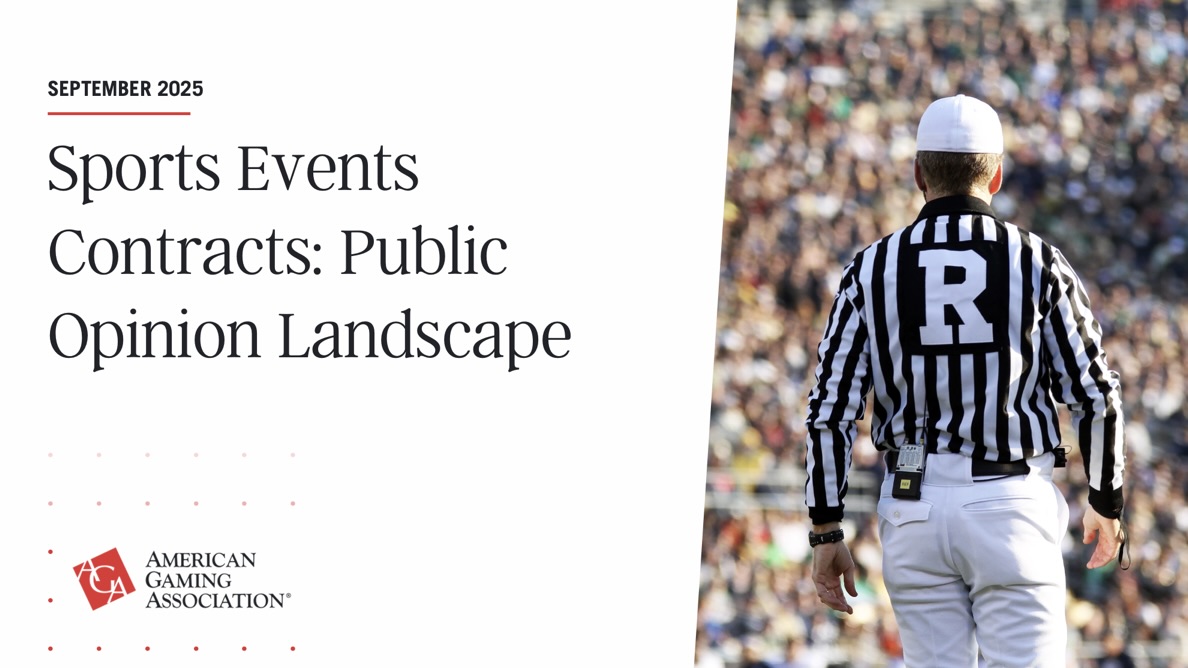85% of Americans View Sports Event Contracts as Gambling

American Gaming Association (AGA) published the results of a survey of 2,025 U.S. adults (18+), showing that the vast majority see prediction market contracts on sports events as a form of gambling rather than a financial instrument.
How Americans Perceive Sports Event Contracts
Most respondents believe that sports event contracts should be regulated the same way as legal sports betting.
This reflects a strong public demand for oversight from agencies already responsible for online betting regulation.
- 85% see sports contracts as gambling, not as financial instruments
- 80% think they should be regulated like online sports betting
- 84% believe they should only be offered by state-licensed operators
- 70% say prediction markets exploit loopholes to operate as unlicensed bookmakers
- 69% believe each state should decide for itself whether to allow them
Public Expectations on Regulation
Americans overwhelmingly believe that oversight of sports event contracts should rest with state and tribal gaming regulators rather than federal commodities regulators. This approach aligns with existing consumer protection systems and helps build public trust.
| Measure | Share of respondents |
|---|---|
| Regulated by state and tribal authorities | 65% |
| Available only through licensed sportsbooks | 84% |
| Decided at the state level | 69% |
Why State-Level Oversight Matters
Nearly seven in ten respondents believe that only state governments should decide whether to allow sports event contracts within their borders.
This underscores the importance of a localized approach that accounts for the unique regulatory environments of different states.
Conclusion
The survey makes one thing clear: most Americans see sports event contracts as gambling and want them regulated just like legal sports betting.
They expect oversight to be handled by licensed operators and state-level regulators, which they believe will ensure transparency and protect consumers.
